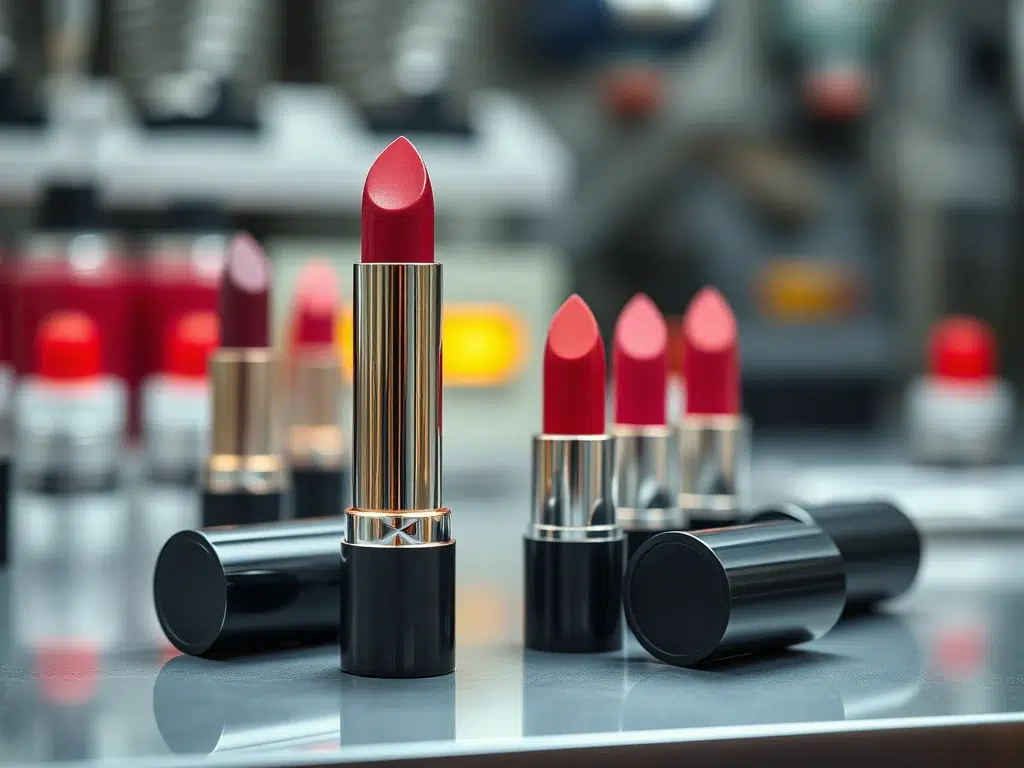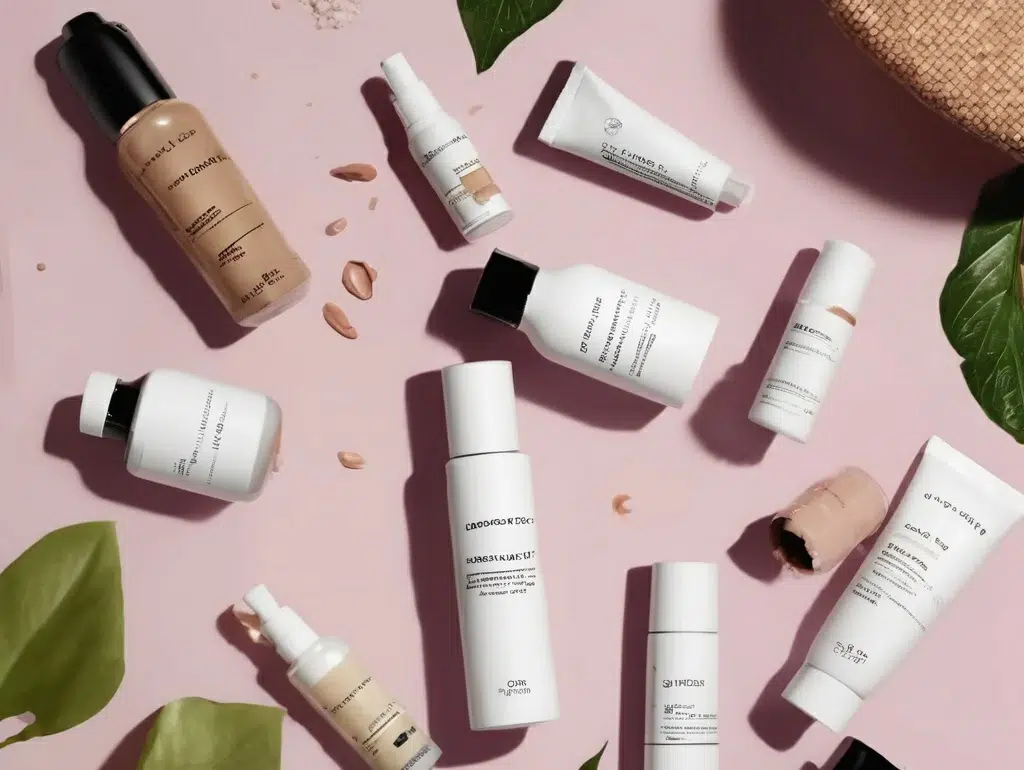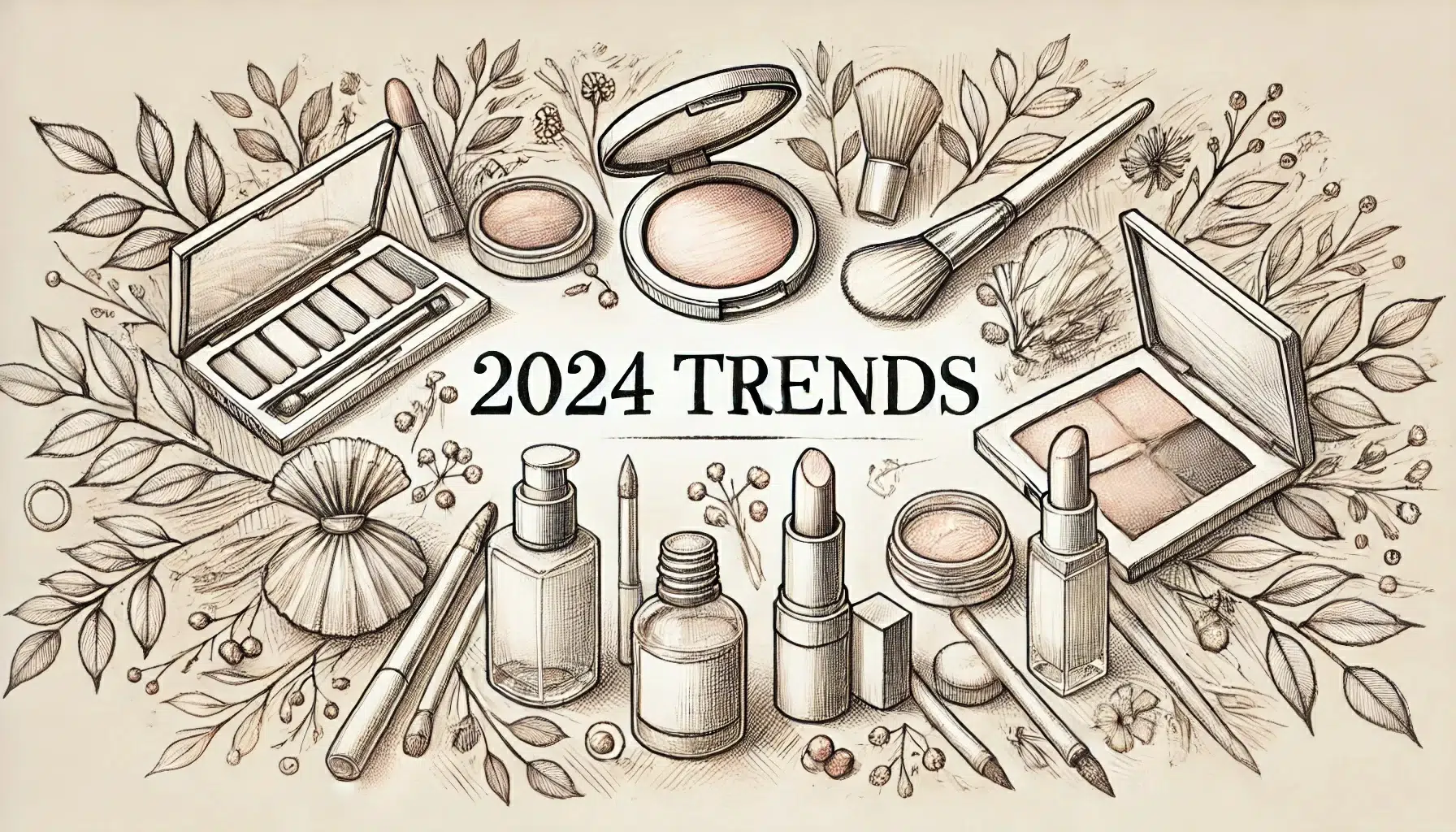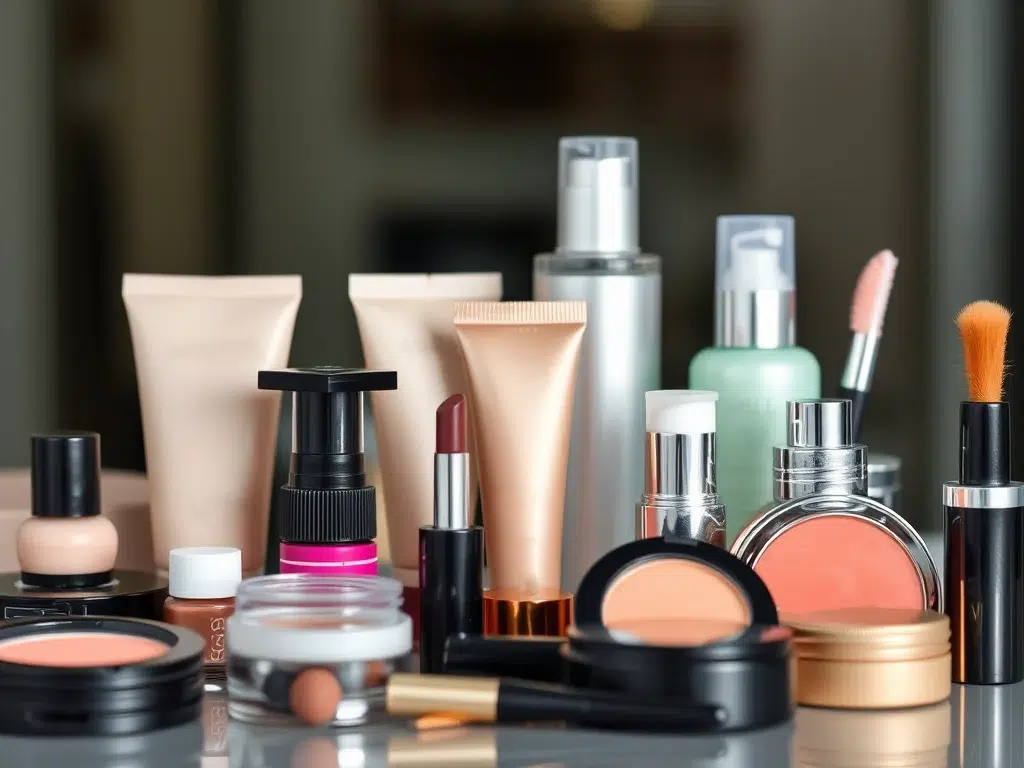
How to Choose a Reliable Beauty Product Supplier for Your Salon or Store
Share This Article With
With the rapid global growth of the beauty industry, multiple suppliers have dominated the marketplace, making it difficult to choose the right seller for your store.
Table of Contents

When running a beauty salon or store, you need the right beauty products to ensure the business’s success and keep the customers coming. One fundamental way to access these items is by working with reliable beauty suppliers.
While access to beauty products and tools should be the primary goal, working with suppliers willing to go beyond these basic requirements is crucial. For example, the suppliers you choose to work with should be ready to establish long-term relationships with your beauty shop, provide additional benefits such as product information, competitor and market research, and assist with evaluating the new stock. This helps you save time and resources, thus enhancing your store’s performance.
This blog helps you overcome this challenge by providing information on factors to consider when selecting a reliable supplier for your beauty brand.
Types of beauty product suppliers
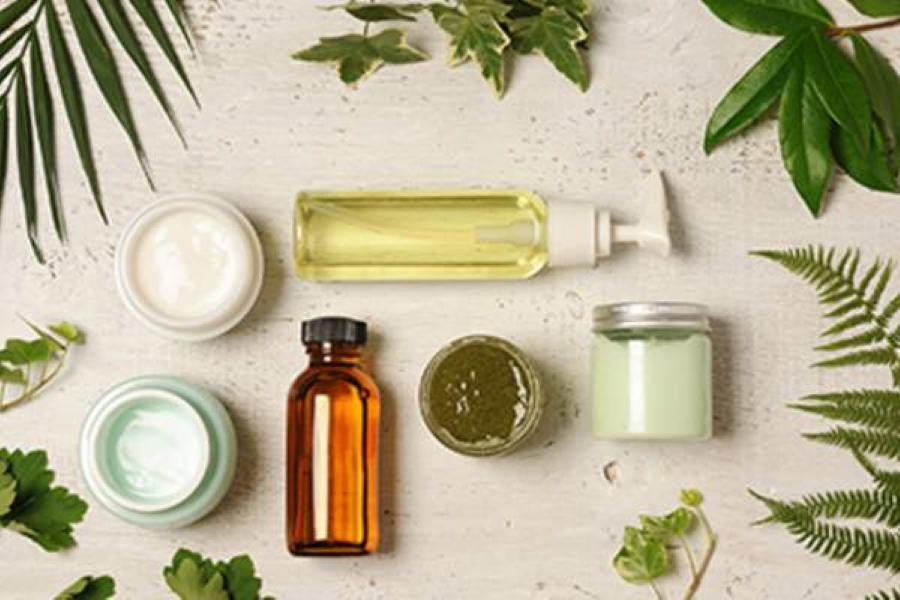
As an entrepreneur running a beauty shop, it is crucial to identify the type of suppliers to work with to ensure reliable access to goods and tools. There are three primary suppliers you may consider, including;
1). Manufacturers
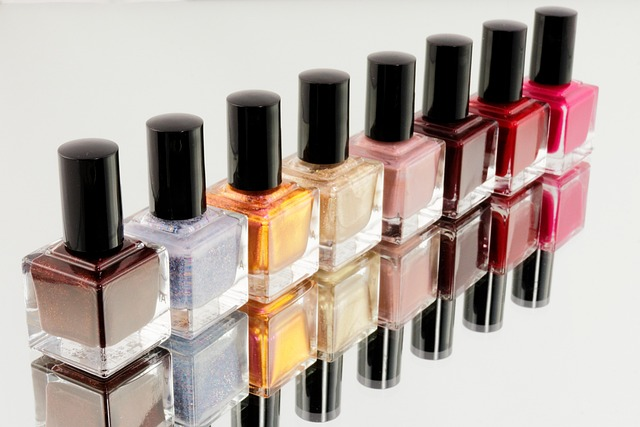
One primary sourcing strategy for your beauty shop would be working directly with the manufacturers. This allows you access to large quantities of beauty items at relatively low prices compared to working with intermediaries.
Besides, working with manufacturers can give you greater control over product design and quality, thus facilitating customization. For example, you can work with private label manufacturers such as Aurora Global Brands to create your branded products. You are actively engaged throughout selecting ingredients, packaging, and labeling. These professionals can save you, especially when your beauty store branding includes specific values and needs, such as selling cruelty-free merchandise.
2). Distributors
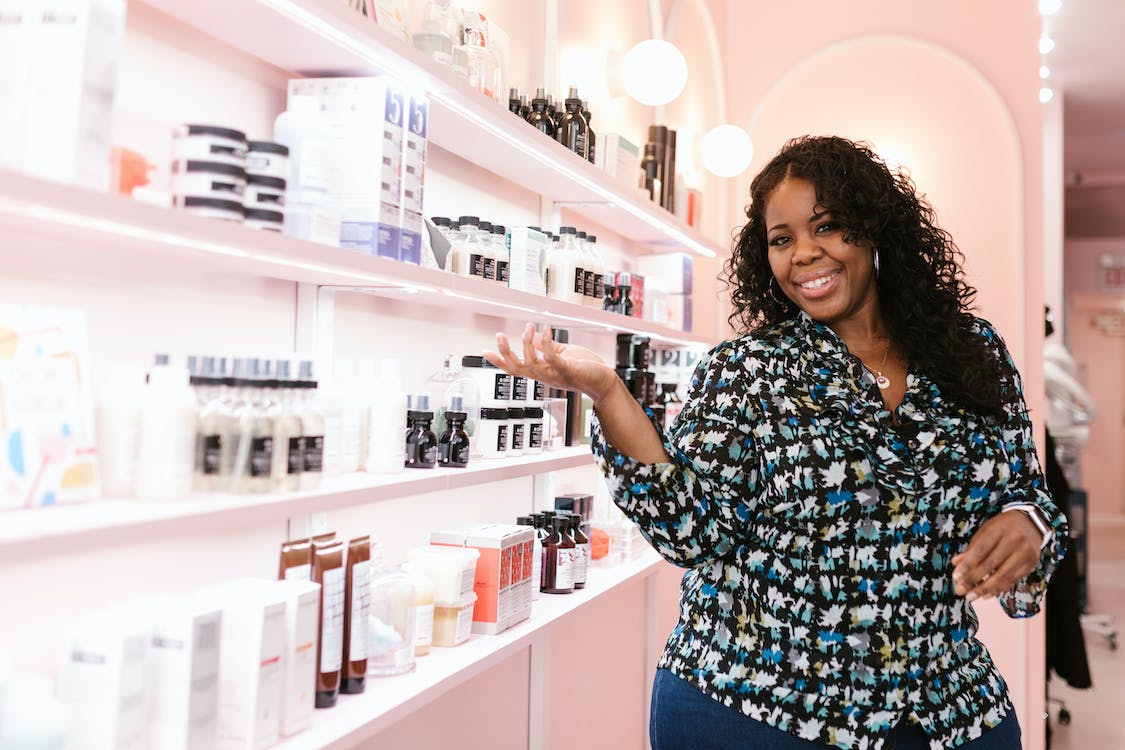
These suppliers purchase beauty inventory from manufacturers and sell them to wholesalers. While working with distributors can have limited customization and higher prices than manufacturers, they also present various advantages that can help your brand grow. These benefits include:
- Access to a wide range of merchandise from different manufacturers
- Low minimum order quantities, thus allowing you to purchase a small number of beauty items depending on the size of your store and budget.
- Increased convenience since distributors handles the logistics of purchasing, shipping, and delivering cosmetics, thus allowing you to focus on other aspects of your venture.
3). Importers
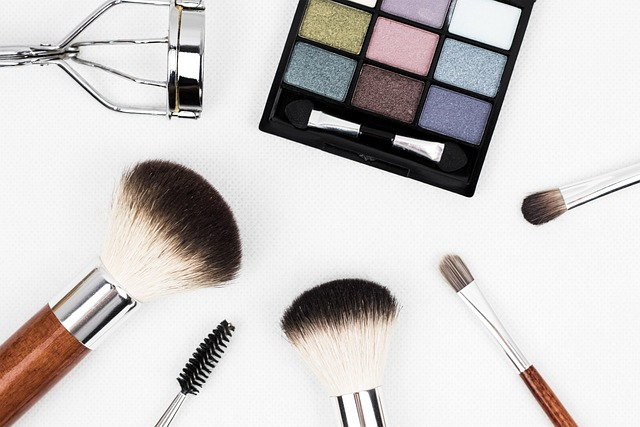
These suppliers specialize in sourcing beauty products from overseas manufacturers and availing to sell them in domestic markets. You can use these professionals to import items unavailable for purchase domestically.
Factors to consider when choosing a beauty product supplier

The global cosmetics industry is valued at US $571.10 billion and is estimated to grow at a rate of 3.8% every year. As a result, beauty brands are considered one of the most profitable ventures. The industry has increasingly attracted suppliers worldwide, making selecting the best supplier for your brand difficult.
Given this challenge, how do you determine which type of supplier fits your store the best?
Here are some tips to consider:
1) What are your beauty business needs?

Before choosing a supplier, determine what your salon or store needs. No matter how good a supplier is, they are of no use to you if they do not have the items your brand needs.
Who are your target clients, and what do they need?
Answering this question can help you determine the type of supplier to work with and your needs. For instance, knowing whether you need hair, skincare, or makeup can point you in the right direction since each supplier may specialize in a different cosmetics line.
2) The supplier’s pricing strategy

Price is a major consideration when choosing your supplier since it affects the affordability and accessibility of your cosmetics. The price can also influence your profit margins and the brand’s competitiveness in the market.
However, price should not be the only consideration when choosing a beauty supplier. Sometimes, low prices indicate low quality or value, while higher prices may not translate to quality merchandise.
3) How reliable is the beauty product supplier

Reliability is critical when choosing a supplier for your wholesale beauty brand. It reflects the supplier’s ability to deliver the needed beauty products within a given duration.
Some questions to help determine a supplier’s reliability are:
- How fast can the supplier process and deliver your order?
- Does the supplier have the products your shop needs?
- Is the quality of the beauty products consistent, and does it meet the desired standards?
- Can the supplier be trusted to deliver products that meet the agreed-upon specifications and qualities within a given timeframe?
- How is their shipping process?
- Does the supplier have an eCommerce platform to facilitate online orders?
Running a beauty salon or shop can be challenging. However, a reliable supplier helps ease the burden by shipping and ensuring you always have enough stock.
4) The supplier’s expertise
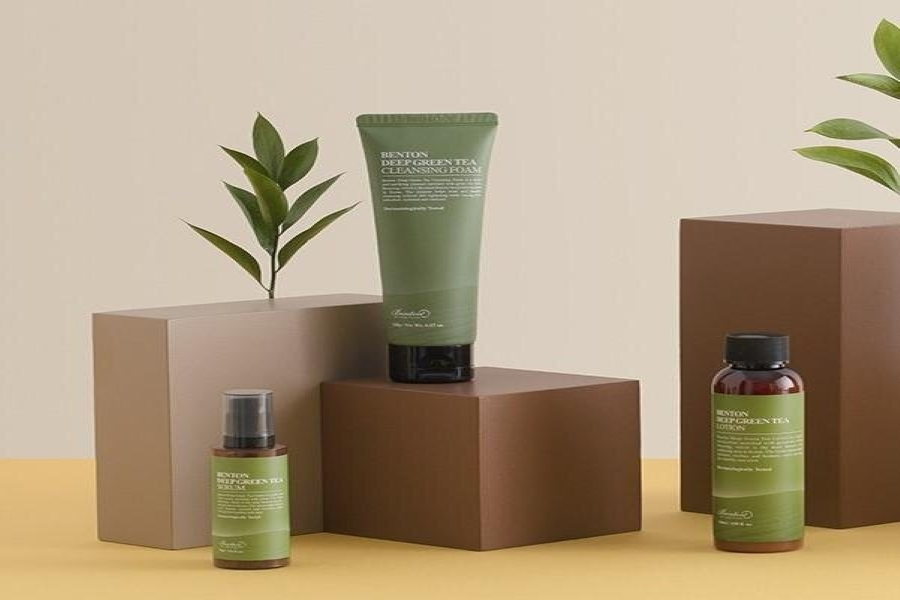
What is the supplier’s area of expertise?
Expertise when selecting a supplier matters because a knowledgeable supplier ensures you have access to quality beauty products, services, and tools.
Moreover, experienced beauty suppliers are professionals who can provide critical insights to help build a competitive brand. For example, they can advise you on recent beauty trends, products best suited for certain hair textures or skin types, tools for running a successful beauty store, or how to apply certain beauty products properly, such as oil.
Finally, they can guide you in selecting your brand’s best ingredients and formulations. Experienced beauty professionals understand customer concerns, understand trends, and have access to the latest research. For example, consumers with sensitive skin may be required to avoid certain ingredients with oil that may irritate them. Beauty professionals can advise you on these ingredients, including the oil needed to produce the beauty product, and guide you throughout the formulation to ensure your new stock addresses clients’ needs and concerns. Collaborating with them can increase access to valuable information you can pass to customers and help them achieve desired results.
5) Alignment with your business values
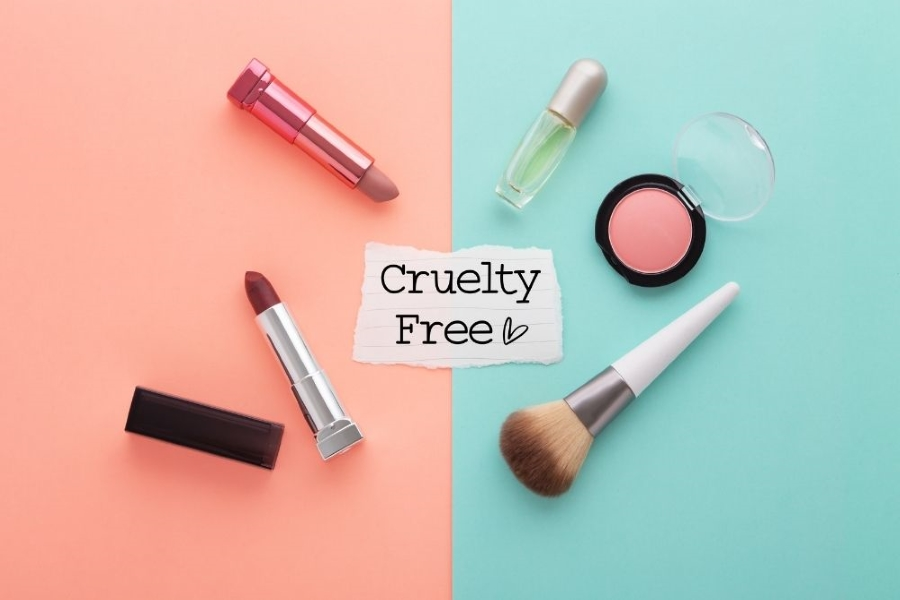
Before working with any supplier, ensuring that their company principles align with yours is important. For instance, environmental protection and social responsibility have become core aspects of branding strategies. This is essential because more and more customers increasingly demand cruelty-free and natural alternatives, thus prompting brands to embrace ethical sourcing.
The global beauty industry has historically been associated with unethical sourcing practices. However, this situation is rapidly changing as customer demands and the rise of ethical consumerism grow.
Consumers are boycotting brands engaging in unethical practices and are willing to pay more for beauty products from sustainable brands. Ensuring the supplier engages in cruelty-free practices, that is, the products are produced without harming or killing animals, can help improve your brand reputation and public opinion.
6) Is the supplier stable?

Wholesale beauty brands stand a chance to succeed if they partner with stable suppliers. Thus, you should get into a long-term contract with a supplier who has been in the industry for several years.
A stable supplier is more likely to have a reliable manufacturing process, access to highly-trained professionals, an established supply chain, robust quality control measure, and ethical, cruelty-free practices. In addition, these suppliers are more likely to have funds and tools for research and development, thus ensuring access to recent developments and trends.
7) Communication and customer service

Communication and customer service are connected to transparency and clarity, which are invaluable in every collaboration. The supplier you choose to work with should be capable of providing honest, thoughtful responses to all your questions. This communication ensures you have access to all critical information, such as where the supplier sources their ingredients or products and if they are cruelty-free.
Moreover, good communication and customer service also ensure that the supplier can address issues with supply chains, waiting times, and pricing. A supplier who cannot clearly communicate and take you through various ordering, shipping, and payment processes isn’t worth your time. They may leave you with unforeseen problems, thus undermining your shop’s operations and performance.
Communication and customer service are important in that they:
- Help ensure the supplier understands your needs: Sharing information about your specific requirements and needs is critical. This information exchange helps the beauty products supplier deliver per the agreement, thus enhancing satisfaction and potentially building trust and long-term relationships.
- Improve response time: Good communication and customer services reduce waiting time since the supplier can promptly respond to your queries or concerns. Timely responses indicate that the suppliers are professionals committed to delivering quality customer services.
- Improve access to feedback and support: Appropriate communication channels, tools, and technologies allow you to provide feedback on products, services, and delivery. This can help improve the quality of beauty products and services and ensure you have access to necessary support when dealing with product issues and concerns.
8) Reviews and testimonials from other customers

Reviews and testimonials from past wholesale beauty clients provide you access to information that helps determine whether a supplier meets the above-discussed traits. For example, engaging professional stylists who have worked with a certain supplier can help determine the quality of their products and price. This can save you from future problems and customer complaints that may arise from selling substandard beauty products.
Other reasons why customer reviews and testimonials are important include:
- They help you determine the reliability of a supplier’s beauty products and services. For example, the supplier’s past clients can share their experiences, including product quality and the level of services they received.
- You can leverage th information from reviews and testimonials to compare multiple suppliers and make an informed decision.
- They can help you determine the cost-effectiveness of working with a given supplier since you have access to information on insights such as product price, quality, and effectiveness.
Thus, reviews and testimonials can help determine whether a supplier fits your store and save time and money.
How can you find beauty product suppliers?
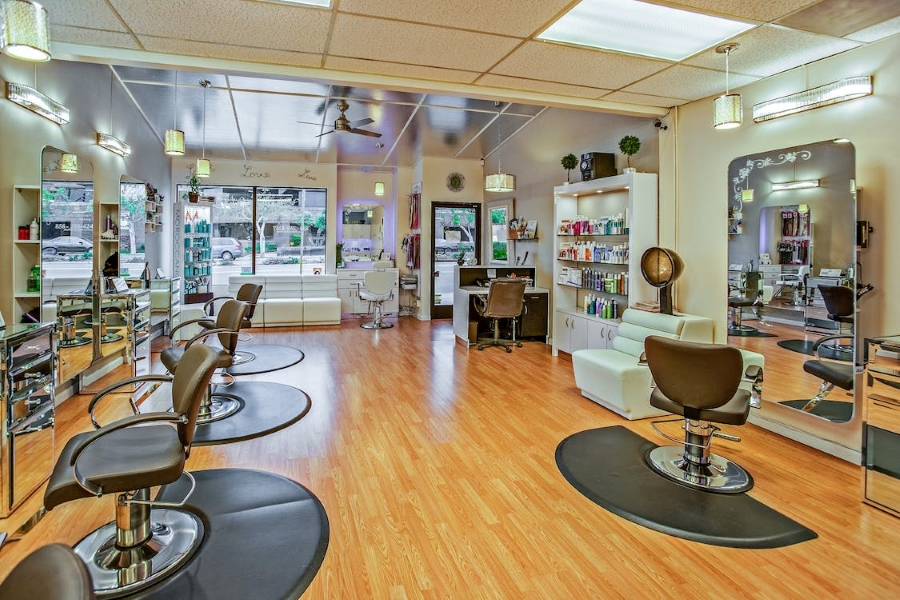
Now that we have explored the factors to consider when selecting beauty product suppliers, the next challenge is determining where to find them. Here are a few places to give you a good start:
1) Online search

You can use search engines such as Google to look for beauty suppliers. Consider using keywords such as “beauty suppliers,” “cosmetics suppliers,” “hair product suppliers,” or “skincare suppliers” and explore through the search results until you find your best match.
2) Referrals from other beauty professionals

Other beauty businesses or professionals in your network, including stylists, can connect you with reliable and trustworthy suppliers they may have worked with.
3) Social media

Most beauty suppliers use social media platforms, like Facebook, Instagram, and LinkedIn, to market their beauty products and services and connect with potential clients. You can leverage these platforms to connect with them and stay updated with their products and tools.
4) Industry Associations
Like in any other sector, joining cosmetic trade and professional associations can increase access to opportunities and help you network with other professionals. These associations provide invaluable information and resources that can support your shop’s growth.
In addition, they create, maintain and provide directories of suppliers accessible to members. Thus, as an entrepreneur and a beauty professional, you should register and join an association related to your line of work.
Final takeaway
Selecting a reliable supplier is critical for any wholesale beauty entrepreneur. Suppliers reduce your sourcing burden by ensuring your shop has adequate stock and tools to meet your target clients’ needs and expectations. Using the factors explored in this blog can help you make an informed decision and settle for a supplier dedicated to helping you achieve your goals.
Stay Connected
Choose your favourite social media channel to stay up to date with Aurora Global Brands and its activities

